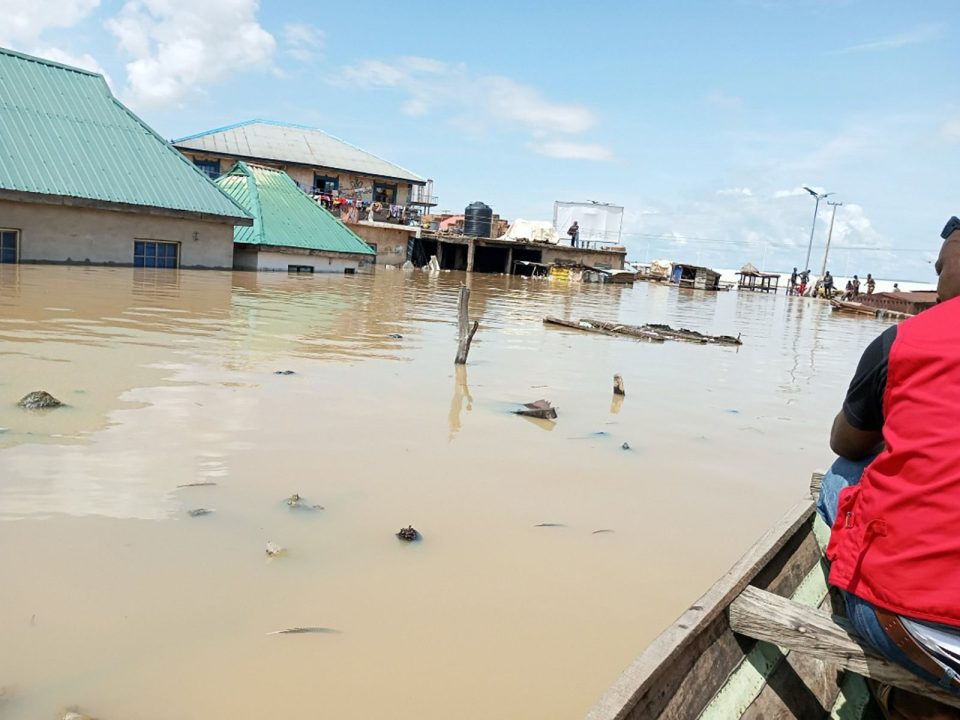Stakeholders have called on the policymakers at the federal level to prioritise climate change actions and increase responsiveness to climate-induced emergencies, including flooding and food security.
The stakeholders gave the charge during a Climate Change Conference of Stakeholders, organized by the Women Environmental Programme (WEP), in partnership with Christian Aid Nigeria on the project: “Actions to Combat Climate Threats (ACCT)” in Abuja.
The project aimed to promote sustainable agriculture and access to clean energy as part of Christian Aid’s Climate Change Adaptation and Sustainable Energy Programme (CCASE).
In his welcome address, War Global President, Dr Priscillia Achakpa, stated that extreme climatic incidences, like droughts, and desertification have reduced arable land, affected agricultural productivity, and plunged citizens into poverty.
Achaka said the conference goal was focused on government, and non -governmental organisations, and how to make policies, and strategies, as well as plans climate and gender-sensitive, and advance climate change actions.
In his words: “We have started mitigation programmes in Nasarawa, Kaduna, and Benue States because climate change must commence from the grassroots. Youths are carrying out innovations in combating the scourge. We want to continue partnering with the Federal Government,” she said.
Also speaking, the Kogi State Commissioner for Agriculture and Food Security, Timothy Ojomah, said women need to be actively involved in climate mitigation and adaptation, as well as encouragement and support to overcome climatic issues.
He said: “We are doing all these because it is negatively affecting food security not only in our state but also in Nigeria and the globe. So, we are looking at how to mitigate it by improving our climate change programmes for the people in the state.”
On his part, WEP’s Manager of Monitoring and Evaluation, Damaris Uja, explained that the majority of the rural population relies on farming; and agriculture employs 70 percent of the labour force, saying, climate change has severely impacted the sector, leading to decreased food production.
To address these challenges, she stated that the project will enhance the resilience of women and vulnerable groups in three states, and to build the capacity of women and civil societies to advocate for increased investment in climate adaptation actions.
“Africa can implement nature-based solutions with benefits for economic development. Peat land, grassland, and forest preservation and restoration benefit both the local population’s livelihoods and global climate goals (as carbon sinks),” Uja added.

